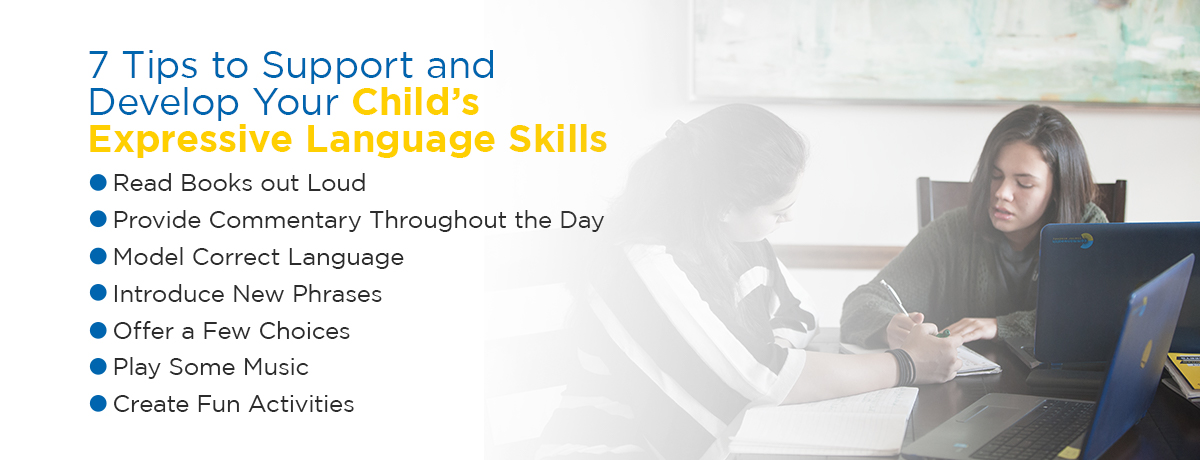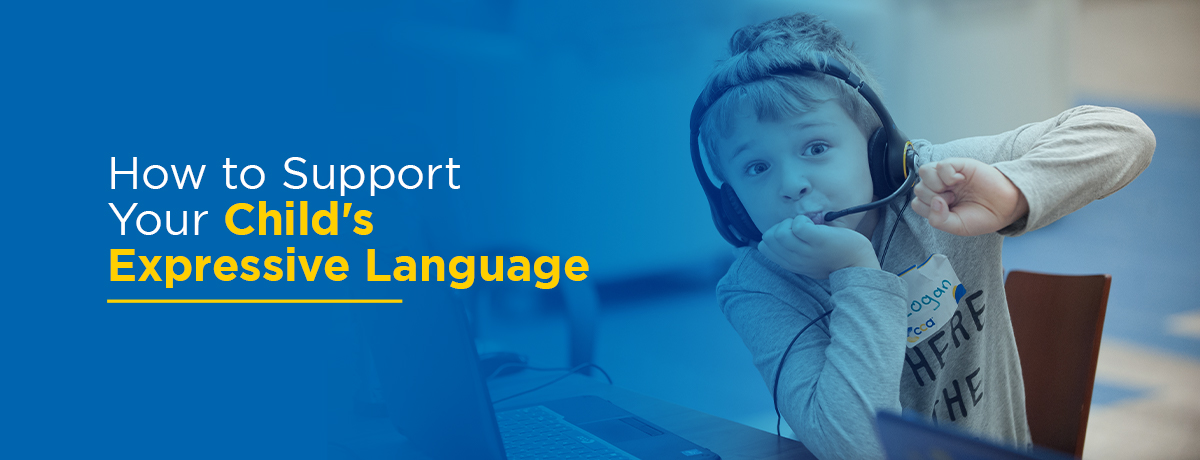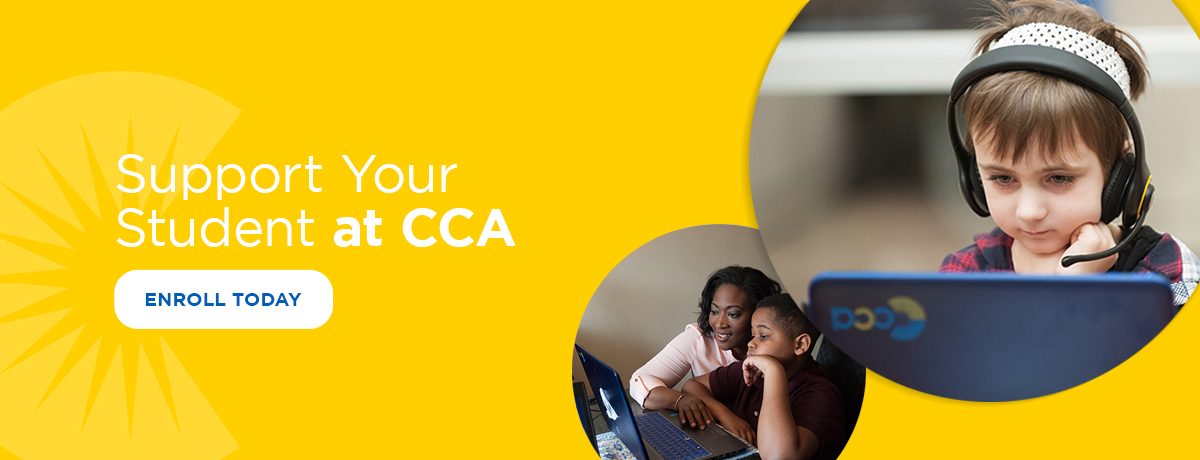Young children are known for telling you exactly how they feel, and their lack of filter can lead to some humorous conversations. What seems like the silly ramblings of a toddler is a vital aspect of speech and language comprehension. While most kids can form simple sentences by age 3, children with language and speech disorders can take longer.
Children with language disorders have trouble forming sentences that express their thoughts and emotions. In some cases, they might also have trouble understanding what other people are saying.
Language disorders can make it difficult for children to participate in conversations or connect with other kids. While children with language disorders might struggle with speech and comprehension, they are just as intelligent as their peers. Speech therapy can help children with language impairments overcome these challenges.
If your child has a language disorder, you can make a major impact on their development. Studies show that speech therapy is most effective when started early and practiced at home with the support of a parent.
What Is Expressive Language?
Expressive language is how people use words to make sentences that convey how they think or feel to others. People use expressive language every day to:
Describe their experiences.
- Identify something they see.
- Use proper grammar.
- Answer questions.
- Tell stories.
You can see why expressive language is an essential skill for communicating with other people. Children with expressive language disorder will have difficulty interacting with other children and participating in group activities. They can’t communicate their wants and needs, which can be frustrating for the parent and the child. Developing proper language skills will help your child have positive interactions with others and learn valuable skills like writing and storytelling in the future.

7 Tips to Support and Develop Your Child’s Expressive Language Skills
Parental support is essential for helping your child overcome the challenges of a language disorder. Try these helpful activities to develop and improve expressive language skills with your child:
1. Read Books out Loud
Reading to your child is a great way to model proper grammar and the correct use of language. You can ask your child to describe the pictures to practice proper labeling and make the experience interactive. Reading books with new words can slowly expand your child’s vocabulary. You can also ask them questions about the plot so they can practice sharing their thoughts.
2. Provide Commentary Throughout the Day
Children can listen long before they can speak. If you have a child with a language disorder, try speaking to them about the events of the day rather than asking a lot of questions. By describing their activities, you are teaching them words and phrases that they can try using independently. While it may take time before they test out your lingo, this strategy builds a foundation to help them develop expressive language skills.
3. Model Correct Language
Modeling is a term used in psychology that describes a student learning by observation and then trying the skills on their own. In this case, your child is the student, and you are the teacher. When your child says something incorrectly, you can model the correct language by repeating their sentence with proper grammar.
For example, if they say, “Her is nice,” you can reply, “Yes, she is nice.” This practice helps your child learn by example, so they are more likely to say the phrase correctly in the future.
4. Introduce New Phrases
As your child progresses in speech therapy, you can start introducing new words and phrases. Try adding more advanced word combinations while you’re describing the day or modeling a sentence.
For example, if your child says, “Bananas yummy,” you could respond with, “Yes, yellow bananas are yummy.” Over time, you can slowly increase the complexity of your sentences to help your child learn more.
5. Offer a Few Choices
Open-ended questions can be challenging for children with expressive language disorders. Phrasing your question with only two or three options will make it easier for your child to respond. In doing so, you’re also describing the choices that your child can reuse to form their answer.
You can ask questions like, “Do you like blue or green?” Or, “Would you prefer turkey or ham?”
6. Play Some Music
Songs are full of new words and phrases that can help your child expand their vocabulary. You can encourage your child to sing along so they can improve their speech. Music is a fun, exciting way for children to learn how to express their thoughts and emotions.
7. Create Fun Activities
Children enjoy learning when it feels like playing. If your child seems frustrated or tired, try turning your lessons into games. You can speak using proper grammar while playing with toys or practice answering questions while you throw a ball back and forth.
You can print out brain teasers and other expressive language delay activities to try something new and different.
How CCA Supports Your Child
When your child is ready to go to school, it’s important to find a program that will help them continue to grow and develop their language skills. Commonwealth Charter Academy (CCA) is a public cyber charter school that can help support your child from kindergarten through 12th grade. At CCA, we provide a personalized education that strives to meet your child’s unique needs.
Our online special education program is designed around your child’s individualized education program (IEP), so they’ll receive the best education possible. The flexibility of online learning allows us to create a custom curriculum to fit your child’s individual abilities and interests.
CCA will connect your family with resources throughout Pennsylvania. We collaborate with speech-language pathologists who have experience helping students with language and communication delays. These experts might meet with your child individually or co-teach during class time. Students and their families also have access to our caring and dedicated teachers for additional support outside of class.
Students can complete their online courses from the comfort of home at their own pace. Parents can monitor their child’s progress and provide emotional support and guidance as needed. We provide substantial guidance and assistance to help parents and learning coaches support their child’s education. We build our personalized approach to help children gain the knowledge and skills they’ll need to succeed in school and in life.
Support Your Student at CCA
The CCA special education program is completely personalized to address your child’s individual needs. Your child can complete their courses at their own pace from the comfort of home, where they have access to your support. We understand that every child is unique, so we provide a unique special education program to help your child succeed.
To learn more about how CCA supports your child’s special needs, contact us today.




